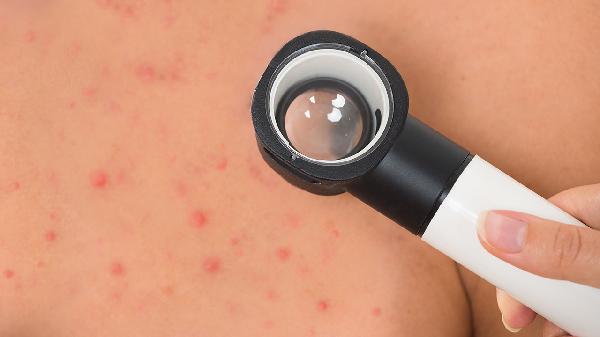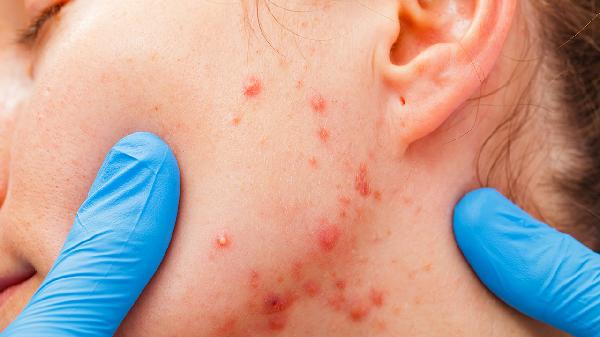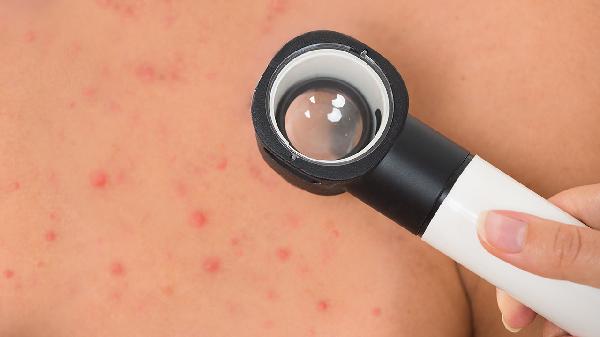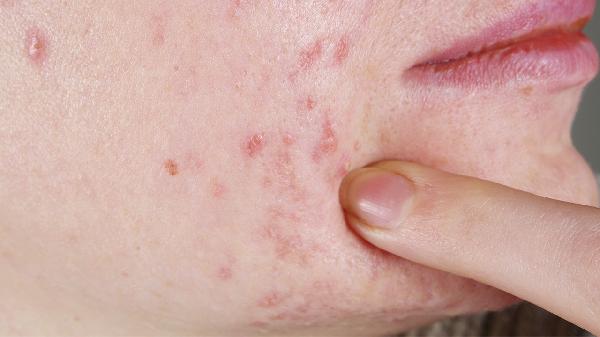Have you ever experienced this: waking up in the morning with an unbearably itchy nose, sneezing one after another, and your eyes itching too? You thought you had a cold, so you quickly took cold medicine, but the symptoms didn’t improve at all? Don’t worry, you might not have a cold—it could be allergic rhinitis causing the trouble! Today, let’s talk about this easily misdiagnosed "invisible killer"—allergic rhinitis.
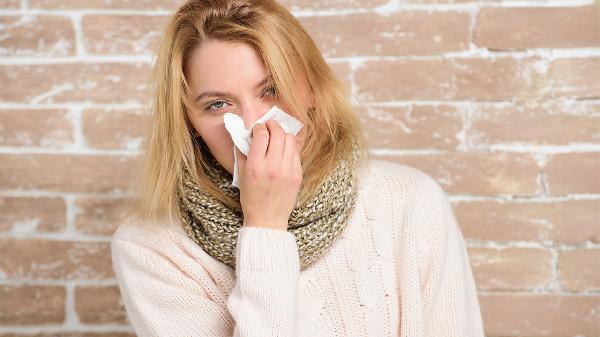
1. The difference between allergic rhinitis and a cold
The symptoms of allergic rhinitis and a cold are indeed very similar, such as sneezing, runny nose, and nasal congestion. But upon closer inspection, there are some differences. A cold is usually accompanied by fever, sore throat, and general fatigue, while allergic rhinitis mainly manifests as itchy nose, itchy eyes, and continuous sneezing, with symptoms lasting longer, especially worsening after exposure to allergens.
2. Common triggers of allergic rhinitis
The onset of allergic rhinitis is closely related to allergens. Common allergens include pollen, dust mites, pet dander, and mold. During seasonal changes, symptoms of pollen allergy patients will significantly worsen; while perennial allergic rhinitis patients may be more sensitive to indoor allergens like dust mites and pet dander.
3. The harm of allergic rhinitis
Many people think allergic rhinitis is just a minor issue that can be endured. In fact, untreated allergic rhinitis can lead to complications such as sinusitis, otitis media, and asthma. Especially in children, allergic rhinitis may also affect growth and development, leading to poor concentration and declining academic performance.
4. How to correctly diagnose allergic rhinitis
If you suspect you have allergic rhinitis, it is recommended to seek professional medical examination as soon as possible. Doctors usually diagnose it through medical history inquiries, physical examinations, and allergen testing. Common allergen testing methods include skin prick tests and serum-specific IgE tests.
5. Treatment methods for allergic rhinitis
The treatment of allergic rhinitis mainly includes avoiding allergens, medication, and immunotherapy. Commonly used medications include antihistamines and intranasal corticosteroids, which can effectively relieve symptoms. For patients with severe symptoms or poor response to medication, desensitization therapy can be considered, which involves gradually increasing exposure to allergens to build tolerance.
6. Preventive measures in daily life
The key to preventing allergic rhinitis is reducing exposure to allergens. For example, minimize outdoor activities during pollen season and wear a mask when going out; keep the indoors clean, regularly wash bedding, and use anti-mite covers; avoid keeping pets or minimize contact with them.
7. Misconceptions about allergic rhinitis
Many people believe that allergic rhinitis cannot be cured and can only be managed with medication. In fact, through standardized desensitization therapy, some patients can achieve long-term relief or even a cure. Additionally, some people worry about the side effects of long-term use of intranasal corticosteroids, but these medications are safe and effective when used under a doctor’s guidance.
Although allergic rhinitis is common, it should not be taken lightly. Correctly identifying symptoms, seeking timely medical attention, and adopting scientific treatment and preventive measures can effectively control the condition and avoid complications. Next time you experience an itchy nose and sneezing, don’t rush to take cold medicine—think first whether it might be allergic rhinitis causing the trouble!

